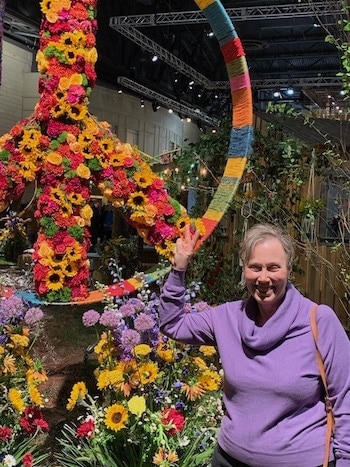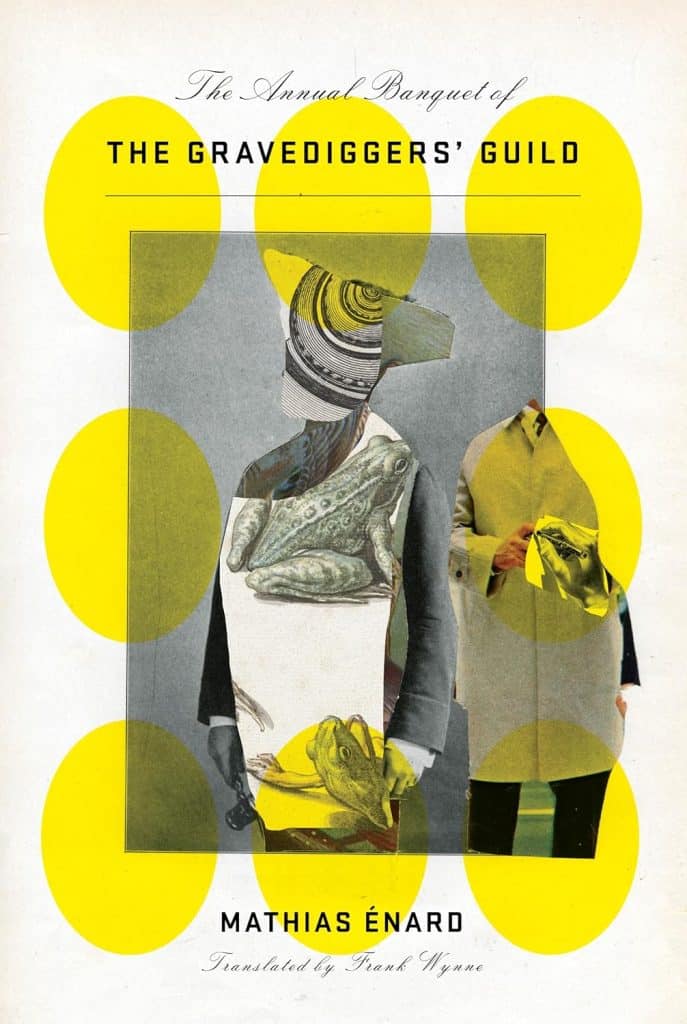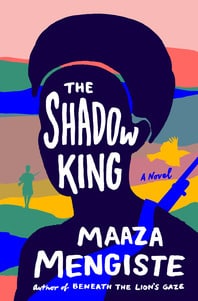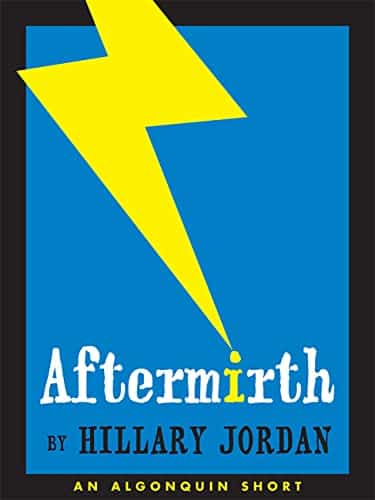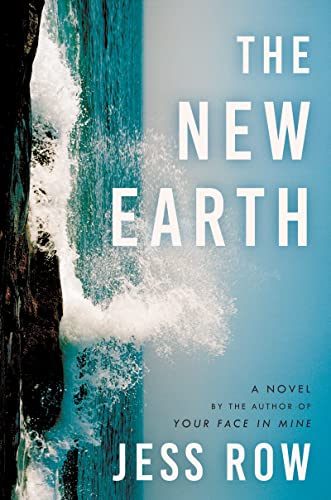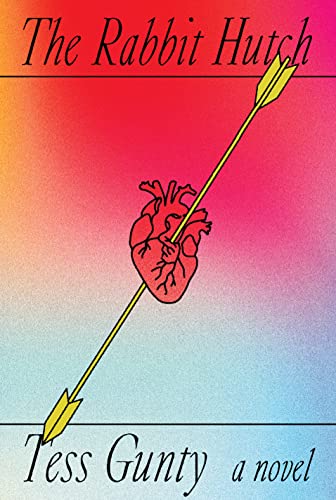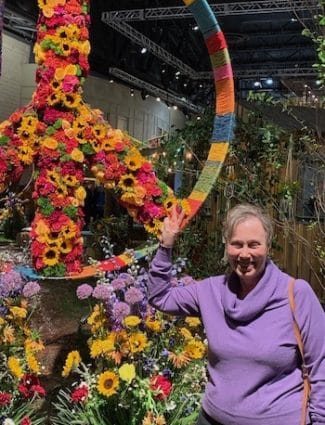
Today, I Feel at Peace!
Estimated reading time: 0 minutes, 52 seconds Today, I feel at peace because Jan is with me today and every day.
Today, I feel at peace because Jan is with me today and every day.
When Jan died, the funeral placed part of my soul to rest with her, and I still have part of her soul with me.
My grief will always be with me as well.
Perhaps the tension between managing living without Jan and knowing that my new life could collapse into an abyss from which I might not recover keeps me focused on sharing Jan’s love.
By sharing her love, we can work together to make the world better for all of us.
Love never dies; it becomes more vital every day!
The Jan Lilien Education Fund sponsors ongoing sustainability and environmental awareness programs. Gifts made this month; I will match dollar-for-dollar. All donations are tax-deductible.
I receive a commission when you buy a book or product using a link on this page. Thank you for supporting Sharing Jan’s Love blog.


